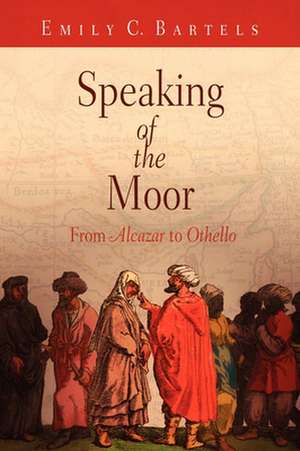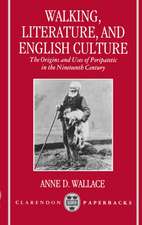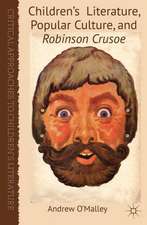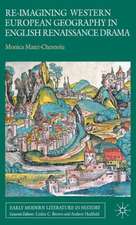Speaking of the Moor – From "Alcazar" to "Othello"
Autor Emily C. Bartelsen Limba Engleză Paperback – 8 dec 2009
Preț: 195.13 lei
Nou
Puncte Express: 293
Preț estimativ în valută:
37.35€ • 40.58$ • 31.39£
37.35€ • 40.58$ • 31.39£
Carte disponibilă
Livrare economică 31 martie-14 aprilie
Preluare comenzi: 021 569.72.76
Specificații
ISBN-13: 9780812221015
ISBN-10: 081222101X
Pagini: 264
Dimensiuni: 152 x 228 x 20 mm
Greutate: 0.39 kg
Editura: MT – University of Pennsylvania Press
ISBN-10: 081222101X
Pagini: 264
Dimensiuni: 152 x 228 x 20 mm
Greutate: 0.39 kg
Editura: MT – University of Pennsylvania Press
Notă biografică
Emily C. Bartels is Professor of English at Rutgers University and Associate Director of the Bread Loaf School of English at Middlebury College. She is author of Spectacles of Strangeness: Imperialism, Alienation, and Marlowe, which also was published by the University of Pennsylvania Press.
Cuprins
Introduction: On Sitting Down to Read Othello Once Again
Ch. 1 Enter Barbary: The Battle of Alcazar and "the World"
Ch. 2 Imperialist Beginnings: Hakluyt's Navigations and the Place and Displacement of Africa
Ch. 3 "Incorporate in Rome": Titus Andronicus and the Consequence of Conquest
Ch. 4 Too Many Blackamoors: Deportation, Discrimination, and Elizabeth I
Ch. 5 Banishing "all the Moors": Lust's Dominion and the Story of Spain
Ch. 6 Cultural Traffic: The History and Description of Africa and the Unmooring of the Moor
Ch. 7 The "stranger of here and everywhere": Othello and the Moor of Venice
Conclusion: A Brave New World
Notes
Bibliography
Index















